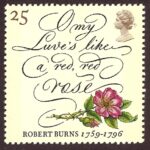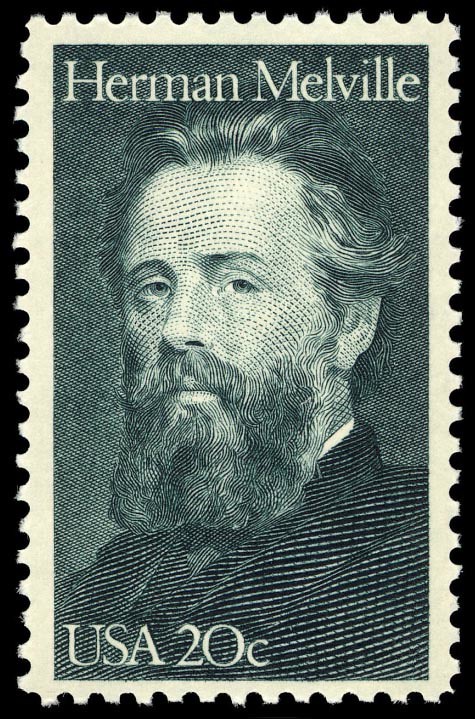![[Green Leaves Icon]](https://riverhouses.org/wp-content/uploads/2023/09/emoji-blowing-leaves-wind-150x150.png) Spring is the time of year for young people to get outside and gain experience in the world. If we as educators want beginning students to understand abstract classroom concepts like metaphor (for example), they must first accumulate a great deal of non-metaphorical experience. It isn’t possible to see how one thing can stand for another until you’ve experienced the one thing in the first place.
Spring is the time of year for young people to get outside and gain experience in the world. If we as educators want beginning students to understand abstract classroom concepts like metaphor (for example), they must first accumulate a great deal of non-metaphorical experience. It isn’t possible to see how one thing can stand for another until you’ve experienced the one thing in the first place.
Go outside and find some birch trees this lovely spring week and read this poem aloud as you tug on their branches — it’s our homeschool poem-of-the-week for the third week of May, from Robert Frost.
Birches
When I see birches bend to left and right
Across the lines of straighter darker trees,
I like to think some boy’s been swinging them.
But swinging doesn’t bend them down to stay
As ice-storms do. Often you must have seen them
Loaded with ice a sunny winter morning
After a rain. They click upon themselves
As the breeze rises, and turn many-colored
As the stir cracks and crazes their enamel.
Soon the sun’s warmth makes them shed crystal shells
Shattering and avalanching on the snow-crust —
Such heaps of broken glass to sweep away
You’d think the inner dome of heaven had fallen.
They are dragged to the withered bracken by the load,
And they seem not to break; though once they are bowed
So low for long, they never right themselves:
You may see their trunks arching in the woods
Years afterwards, trailing their leaves on the ground
Like girls on hands and knees that throw their hair
Before them over their heads to dry in the sun.But I was going to say when Truth broke in
With all her matter-of-fact about the ice-storm
I should prefer to have some boy bend them
As he went out and in to fetch the cows —
Some boy too far from town to learn baseball,
Whose only play was what he found himself,
Summer or winter, and could play alone.
One by one he subdued his father’s trees
By riding them down over and over again
Until he took the stiffness out of them,
And not one but hung limp, not one was left
For him to conquer. He learned all there was
To learn about not launching out too soon
And so not carrying the tree away
Clear to the ground. He always kept his poise
To the top branches, climbing carefully
With the same pains you use to fill a cup
Up to the brim, and even above the brim.
Then he flung outward, feet first, with a swish,
Kicking his way down through the air to the ground.So was I once myself a swinger of birches.
And so I dream of going back to be.
It’s when I’m weary of considerations,
And life is too much like a pathless wood
Where your face burns and tickles with the cobwebs
Broken across it, and one eye is weeping
From a twig’s having lashed across it open.
I’d like to get away from earth awhile
And then come back to it and begin over.
May no fate willfully misunderstand me
And half grant what I wish and snatch me away
Not to return. Earth’s the right place for love:
I don’t know where it’s likely to go better.
I’d like to go by climbing a birch tree,
And climb black branches up a snow-white trunk
Toward heaven, till the tree could bear no more,
But dipped its top and set me down again.
That would be good both going and coming back.
One could do worse than be a swinger of birches.
Unlike many of Frost’s tightly structured metrical poems, this is a looser, more prosy, narrative work (although ten- and eleven-syllable lines do occur in high frequency). Let’s see how it sounds when Frost himself reads it.
It’s always good to hear poets read their own poems, since they know them best, but I’ll make an unpopular confession here: I don’t think Frost is always the best reader. In general, he reads too fast, and I suspect that by the latter part of his life he had given so many public readings that he had gotten in the habit of just zipping along in a way that can make it hard to follow the story-line on first hearing.
![[Birches]](https://betterlivingthroughbeowulf.com/wp-content/uploads/2010/02/birches1.jpg)
But a good poem, like “Birches,” deserves many readings and hearings, fast and slow, at all seasons of the year. This season, give it a first reading in your homeschool, and then go out and bend some branches.
What wonderful words and poetical productions have you and your students been studying in your homeschool this Leo Term? 😊
❡ So was I once myself a swinger of birches: If a special line or turn of phrase happens to strike you in one of our weekly poems, just copy it onto your homeschool bulletin board for a few days and invite your students to speak it aloud — that’s all it takes to begin a new poetical friendship and learn a few lovely words that will stay with you for life. 🍃
❡ Literary lives: The website of the Poetry Foundation includes biographical notes and examples of the work of many important poets (including Robert Frost) that are suitable for high school students and homeschool teachers. ✒️
❡ This is a printable lesson: Down at the bottom of this post you’ll find a custom “Print” button that will let you create a neat and easy-to-read copy of this little lesson, and it will even let you resize or delete elements that you may not want or need (such as images or footnotes). Give it a try today! 🖨
❡ Here, said the year: This post is one of our regular homeschool poems-of-the-week. Print your own River Houses Poetry Calendar to follow along with us as we visit fifty of our favorite friends over the course of the year, and add your name to our River Houses mailing list to get posts like these delivered right to your mailbox every week. 📫
❡ Homeschool calendars: We have a whole collection of free, printable, educational homeschool calendars and planners available on our main River Houses calendar page. They will help you create a light and easy structure for your homeschool year. Give them a try today! 🗓
❡ Support our work: If you enjoy our educational materials, please support us by starting your regular Amazon shopping from our very own homeschool teaching supplies page. When you click through from our page, any purchase you make earns us a small commission at no extra cost to you. Thank you for helping us to keep going and growing! 🛒
❡ Join us! The aim of the River Houses project is to create a network of friendly local homeschool support groups — local chapters that we call “Houses.” Our first at-large chapter, Headwaters House, is now forming and is open to homeschoolers everywhere. Find out how to become one of our founding members on the Headwaters House membership page. 🏡




